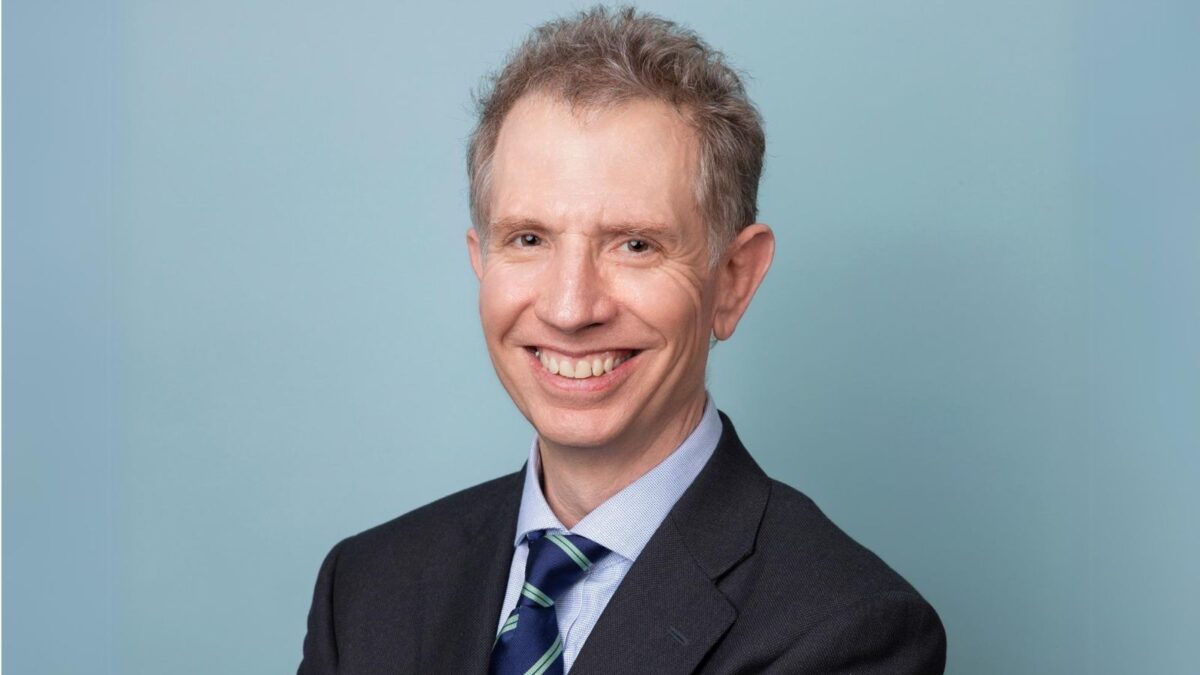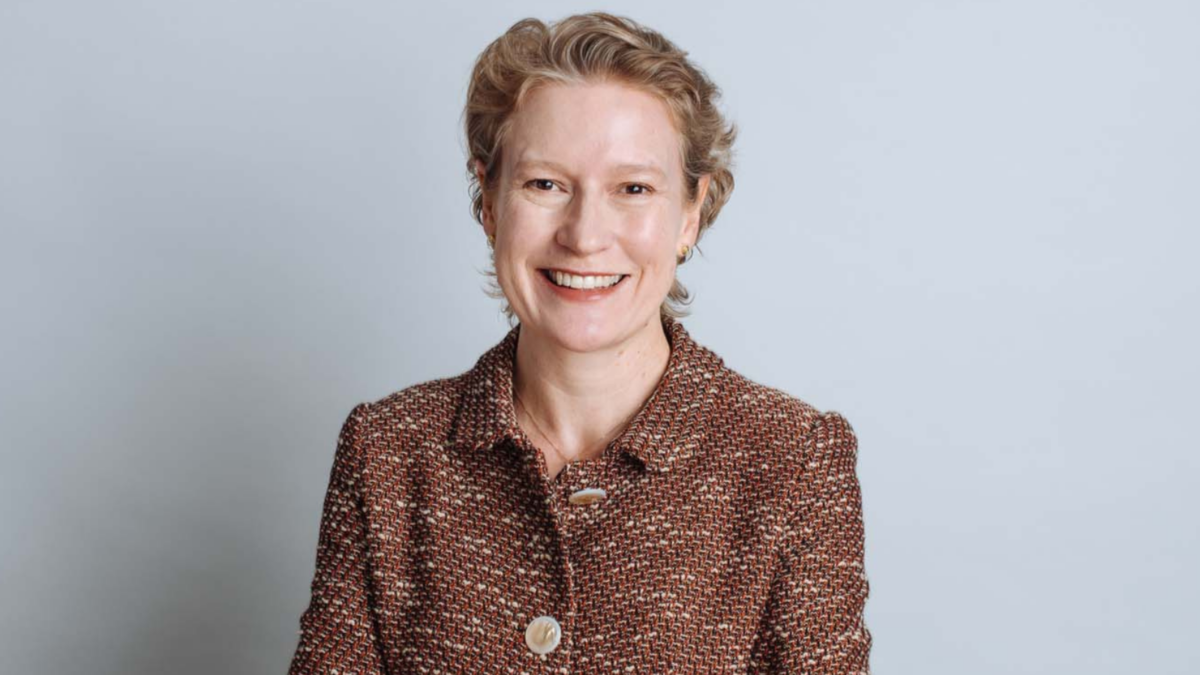T. Rowe Price sees opportunities among the ‘weirdness’
(pictured: Scott Berg)
In a “weird and volatile world” equity investors still need to focus on traditional signals, T. Rowe Price global portfolio manager Scott Berg said last week on a brief tour of New Zealand with local fund partner Harbour Asset Management.
Australian-born Berg said share investors should “thoughtfully look through” the current meta-noise to examine the “facts on earnings and valuations”.
He said the facts indicated global stock markets were not in bubble territory despite rising valuations as measured by historical price/earnings (P:E) ratios.
“We’re not in an equity bubble, although we could be in sovereign bonds and some property markets,” Berg said.
He said the global equity market P/E currently sits at around 16, compared to historical averages ranging between nine and 27 while the US equity market was slightly higher at 18.5.
“While valuations might be somewhat above the long-term average, they’re closer to the average than the extremes,” Berg said.
Discounted cashflow modeling in the projected ultra-low interest rate world also suggests higher equity valuations were rational.
“It’s not crazy that equity valuations are somewhat higher,” he said. “But it won’t be valuations that end the current market cycle – it will be something else, for example, an unexpected fall in the Chinese economy.”
Nonetheless, Berg said, equity investors needed be more discerning than ever against a global backdrop characterised by market volatility, uneven economic performance, structural change in China and the oil industry and rising political populism.
He said the increasingly volatile and “aging bull market” has, however, created opportunities “for the well-informed stock picker”.
Patchy corporate earnings growth, especially in the developed world, over the last few years also signalled caution to share investors.
In a paper published this July, Berg says: “Although earnings have been poor at an aggregate level, there remain very interesting pockets of growth. We have identified many stocks that have earnings improvement potential in the next stage of the economic cycle.”
For example, in the US market he tipped Amazon to be the first “trillion dollar” valued company as it maintained its leading ecommerce position and began to leverage its domination in the “cloud infrastructure” market.
Berg said over the last couple of years Amazon has built up a cloud storage business behind the scenes but was now set to lure a large chunk of the corporate world to its services.
“The Amazon data centres offer unlimited storage on a pay-as-you-use basis,” he said, currently utilized by companies like Netflix, Uber and Airbnb for all their cloud services.
He said GE recently announced it would close 67 per cent of all its data centres after outsourcing to Amazon.
- Rowe Price estimates earnings per share growth for Amazon would hit over 350 per cent this year, 80 per cent next year and 63 per cent in 2018.
But in general, Berg said emerging markets offered better earnings growth potential than developed markets – with a significant caveat.
He said it was “absurd” to lump emerging markets into one category.
“Emerging markets is four things,” Berg said, “and I only like one of them.”
The three problematic categories, from his perspective, cover: Taiwan and Korea; China, and; commodity-based economies.
“The fourth emerging market class is demographic-driven, low debt, low GDP countries going up the growth curve,” he said, which boils down to a favourite list featuring India, Indonesia, Philippines and Peru.
According to Berg, the average global fund invests in about 15 countries with a 5 per cent allocation to emerging markets.
“We’re in 30 countries with 25 per cent in emerging markets,” he said. Of that 25 per cent in emerging markets, 20 per cent is invested in Berg’s four favourites as well as an allocation to China and Mexico.
Berg has run the T. Rowe Price Global Equity Growth strategy since 2008. Harbour launched a NZ portfolio investment entity (PIE) version of the fund last February.
According to the latest factsheet, the T. Rowe Price fund has returned 6.9 per cent net of fees since inception to the end of August, and -5.89 per cent over the 12-month period.
– David Chaplin, Investment News NZ









